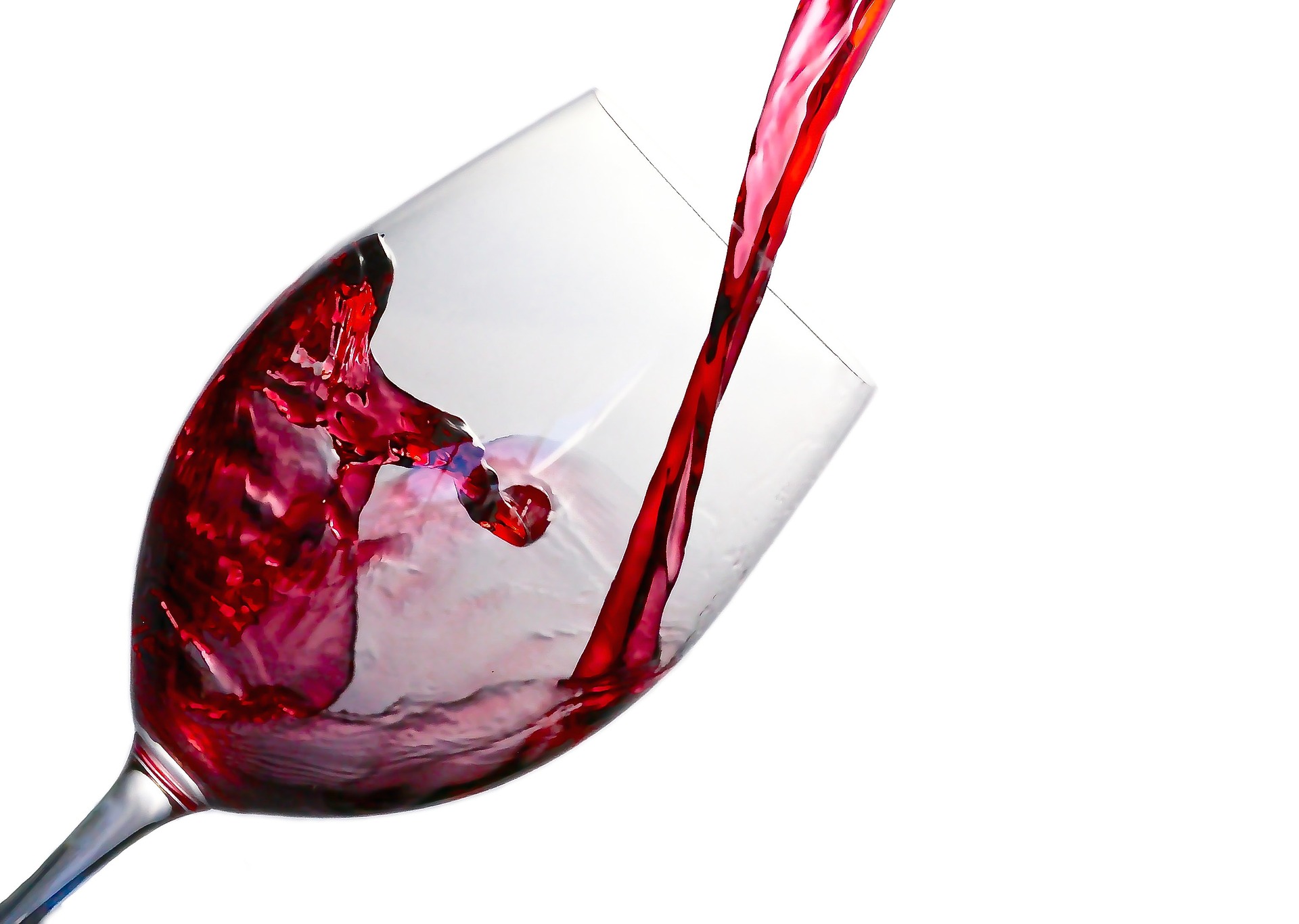Punishment driving under the influence of alcohol
Driving under the influence of alcohol is criminalized in article 8 of the Road Traffic Act
It is forbidden to drive a vehicle or have the vehicle driven as driver after such consumption of alcoholic beverages that:
- The alcohol content in the person’s breath after examination turns out to be higher than 220 micrograms of alcohol per liter of exhaled air, or
- The alcohol content in the person’s blood after examination turns out to be higher than 0,5 milligrams of alcohol per milliliter blood.
 For beginning drivers the allowed content of alcohol in breath and blood are lower, respectively 88 ug/l and 0,2 per mille.
For beginning drivers the allowed content of alcohol in breath and blood are lower, respectively 88 ug/l and 0,2 per mille.
Based on article 176 section 4 juncto article 178 section 1 of the Road Traffic Act driving under the influence of alcohol is a felony. Driving under influence is penalized heavily. Driving under the influence of alcohol can be sanctioned in the following ways:
- Jail sentence of maximally 3 months
- A fine of the third category (2016: € 8.200,-)
- A community punishment order
- A disqualification from driving for maximally 5 years
To punish equal cases as equally as possible, the Public Prosecution Service has written a guideline for the prosecution with driving under the influence of alcohol. This is the so called Guideline for prosecution of driving under the influence of alcohol (and/or drugs) (in Dutch: Richtlijn voor strafvordering rijden onder invloed van alcohol (en/of drugs)). Courts and courts of appeal also use guidelines. These are the so called Orientation points for the determination of punishment by the National Consultations of the Chairmen of the Criminal Law Sectors of the Courts of Appeal and the District Courts (in Dutch: Oriëntatiepunten voor straftoemeting LOVS).
These guidelines show that a jail sentence and a community punishment order are not often used for driving under the influence of alcohol. For this to happen there must have been a high content of alcohol or repetition of the offence. In most cases a combination of a fine and a disqualification from driving of a few months is imposed.
This disqualification can either be unconditional or conditional. In case of an unconditional disqualification, someone is not allowed to drive for a number of months. In case of an conditional disqualification the person may still drive, on one condition. This condition is that the person does commit the same offence within a probationary period. If the person does commit the same offence, he or she still loses the driving license for a number of months.
For driving under the influence of alcohol, the public prosecutor can choose to summon someone for a so called session at the public prosecutor’s office or a trial before a police court judge.
If someone is summoned for a session at the public prosecutor’s office, the public prosecutor can issue a penalty order. To determine the penalty the prosecutor will primarily use the own guideline for prosecution. In some cases this guideline can result in stricter sentences than the Orientation points for the determination of punishment. This is partly caused by the fact that the public prosecutor cannot impose a conditional disqualification from driving, in contrast to the police court judge. Consequently the police court judge has more options to impose a suitable punishment for cases of driving under the influence of alcohol.

